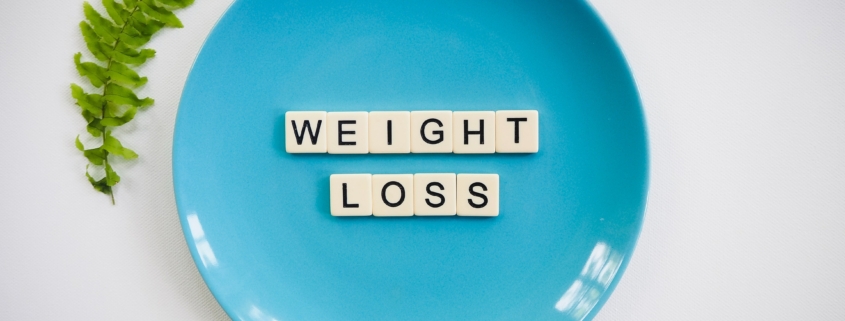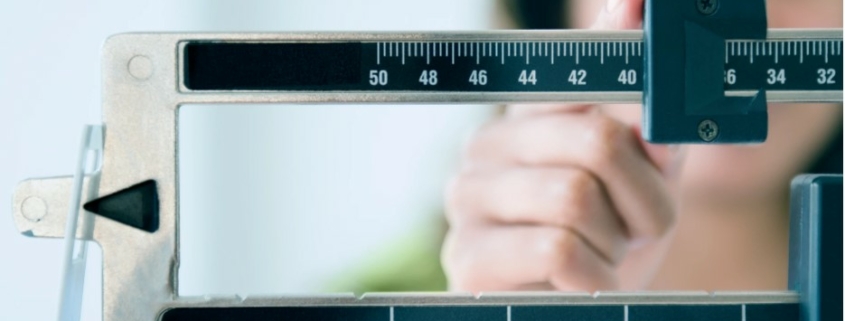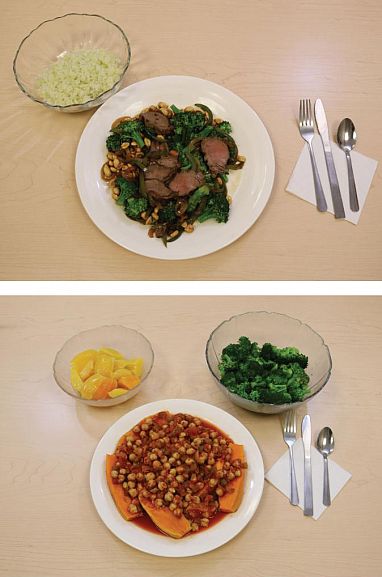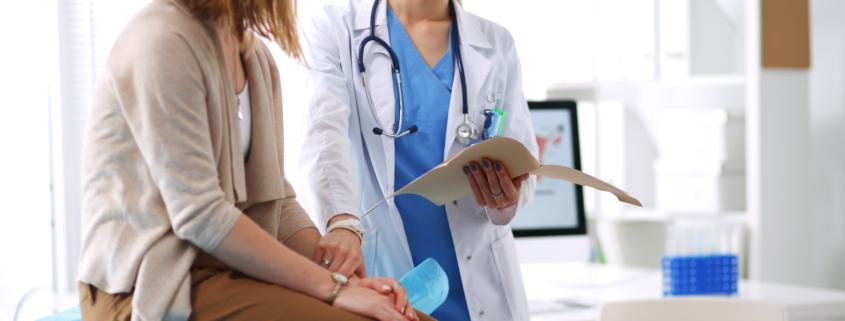“Seriously people, just use a teaspoon of sugar and throw out the garbage additives! The stuff tastes horrible anyway!”
That was the first text I sent to a friend when I saw the recent study on the artificial sweetener erythritol. The study reported an increased risk of heart attacks and strokes in people who had higher blood levels of the substance. The sugar-substitute, called erythritol, is a type of sugar alcohol, known as a polyol that has long been associated with short-term gastrointestinal side-effects. People who suffer with irritable bowel syndrome (IBS) have been told to avoid the polyols for years due to their causing flatulence, abdominal pain, and diarrhea. Erythritol was thought to be the best of the bunch in terms of these unwanted effects. Current evidence, however, suggests that it might be far more dangerous than having to spend the day in the bathroom.
The study researchers did not expect to find erythritol in high amounts in the blood of heart attack and stroke victims and weren’t particularly looking for it when they started analyzing the study participants’ blood. Because they were so surprised by these findings, they then tried to figure out why the erythritol was leading to strokes and heart attacks by investigating whether it increased the ability of the blood to clot. It did.
The study reported an increased risk of heart attacks and strokes in people who had higher blood levels of the substance.
Looking at what additives do in the real world, on a variety of different human bodies, is leading to a plethora of disheartening findings, with diseases such as diabetes, colitis, and cancer, having been recently associated with some. Nutrition studies are far from perfect and the association with various disease states isn’t settled science. But from the perspective of scientific rigor, the erythritol study is superior to the small scale, short-term, mostly animal studies that get additives approved in the first place.
No one could have predicted that erythritol would increase the risk of blood clotting and cardiac events because no one had ever looked for anything like this before. Additives are not generally studied for their long-term effects on our bodies. They are also not studied in very large groups of people and usually not in combination with other things that we might be ingesting.
A wise person once said, “You don’t know what you don’t know.”
But here’s what we do know. A teaspoon of sugar has about five grams of carbohydrates. How many grams a day of carbohydrates someone consumes is important to people struggling with their blood sugar. In general, I ask patients with diabetes to try to keep their carbohydrate count for the day to less than 150 grams and to try to get those carbohydrates in the form of whole foods like fruits and vegetables with small amounts of minimally processed whole grain products. And if they want a spoon of sugar in their coffee or a cookie? I tell them it is absolutely fine. Because it turns out that what’s most important is what their entire day looks like, or better yet, what their week looks like. Eating whole foods, consistently, while avoiding the highly processed, additive-laden stuff, is the key to a healthy diet. Unfortunately, for many of us, we’ve forgotten how to do this.
This study is a bitter pill for us all to swallow. We’ve become accustomed to artificial sweeteners like erythritol. Even though I don’t personally use them and haven’t for years due to my own struggles with IBS, I keep some packets in my house for guests who prefer them. It won’t be as difficult for me to toss them out as it might be for everyday users who may not have had a teaspoon of real sugar in years.
And that’s okay. This study isn’t cause for panic, but it is a good reason to reflect on what we are eating. While this is only one study pointing to one additive, the evidence for eliminating highly processed foods in favor of real, whole foods, has been building for years. If you’ve been thinking about ditching your highly processed and maybe artificially sweetened breakfast cereal and instead going for a bowl of oatmeal, sweetened with just a little sugar and lots of natural fruit, tomorrow would be a great day to try it.
To learn more about how avoiding key additives can help you feel better:
- If you happen to struggle with mystery digestive issues, IBS, Diabetes, or Fatty Liver, download my guide (there’s one for each issue and they’re free too).
- And of course, if you’d like more in-depth info please order my book Eat Everything.






